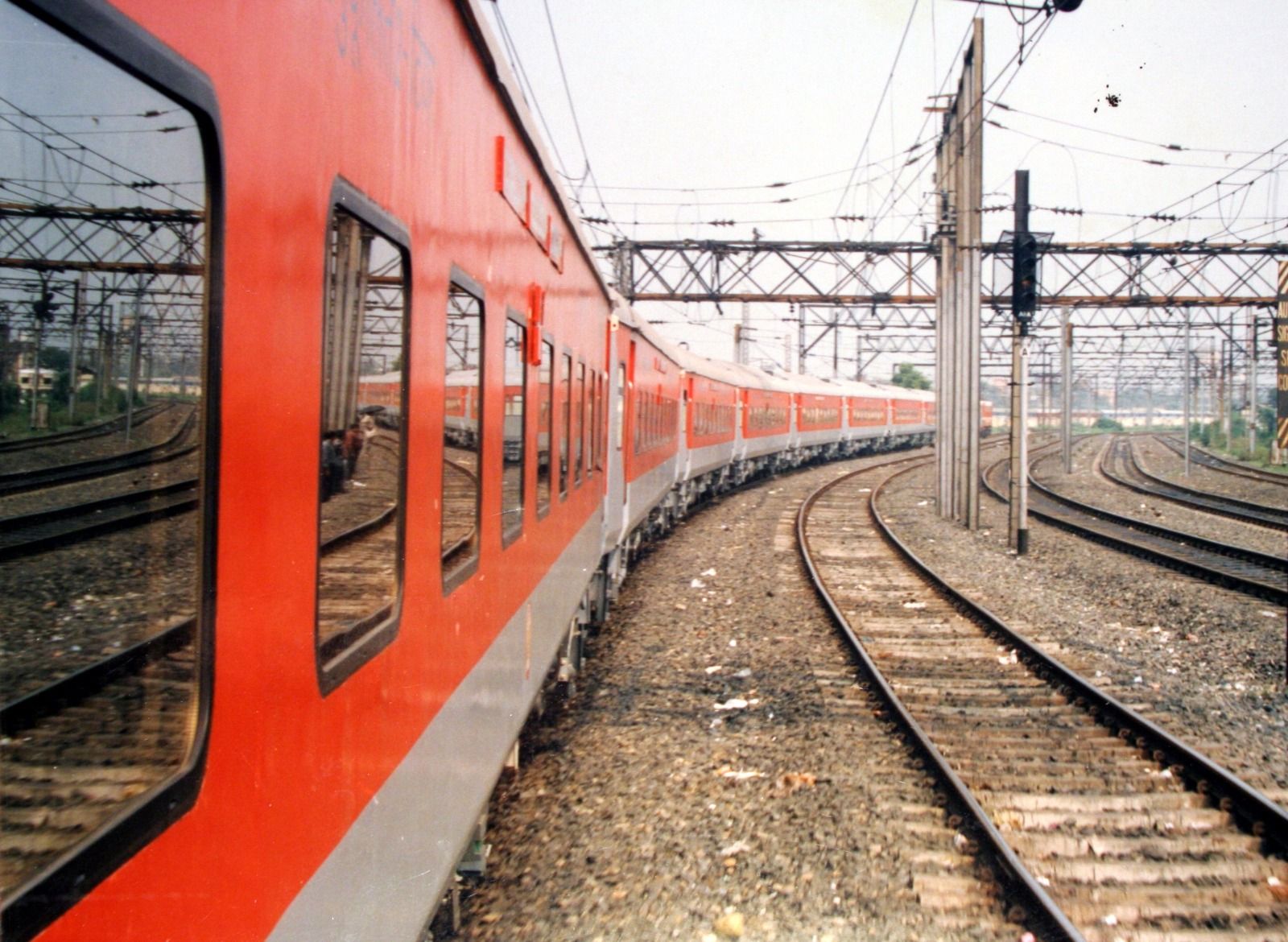Mizoram is on the cusp of a transformative connectivity revolution, with the Union government assenting to provide a Rajdhani Express service linking the northeastern state to national hubs like Delhi, Kolkata, and Agartala (Tripura). This significant development, confirmed by the Chief Minister, alongside the imminent inauguration of the Bairabi-Sairang railway line and the nearing completion of the Kaladan Multi-Modal Transit Transport Project (KMMTTP), is set to reshape Mizoram’s economic landscape, positioning it as a pivotal gateway to ASEAN countries and fostering inclusive, sustainable development.
The Chief Minister’s recent meeting with the Union Railway Minister proved instrumental in securing the long-awaited Rajdhani Express service. This premium passenger train connectivity will dramatically reduce travel times and improve accessibility for citizens, businesses, and tourists alike, integrating Mizoram more closely into the national fabric. Previously, the lack of direct rail links posed significant logistical challenges, hindering economic exchange and personal mobility. This enhanced connectivity is a cornerstone for creating more equitable opportunities across the state, facilitating easier access to education, healthcare, and broader markets.
The imminent inauguration of the 51.38 km long Bairabi-Sairang new railway line, a project ready for a formal launch likely by the Prime Minister, signifies a monumental engineering and logistical achievement. Traversing challenging hilly terrain, this line includes numerous tunnels and bridges, overcoming significant natural obstacles to bring rail connectivity directly to Sairang, just a short distance from the state capital, Aizawl. This direct link to the national railway network is expected to unlock immense potential for freight movement, reduce reliance on often-challenging road transport, and foster more eco-friendly transportation of goods and people across the region. The reduction in vehicular traffic on roads due to increased rail use will contribute to lower carbon emissions and cleaner urban environments.
Beyond passenger convenience and domestic trade, the state’s strategic vision extends to transforming Mizoram into a key commercial hub and a gateway to Southeast Asian nations. This ambition is largely anchored in the nearing completion of the Kaladan Multi-Modal Transit Transport Project (KMMTTP). This ambitious international project, linking India’s eastern ports with Mizoram through Myanmar via sea, river, and road, promises to reorient Mizoram’s economic orientation towards its southern border. Once fully operational, the KMMTTP will provide a crucial alternative trade route, bypassing the congested Siliguri Corridor and enhancing India’s “Act East” policy, fostering stronger economic ties with ASEAN countries.
The KMMTTP’s completion is poised to bring about profound socio-economic transformations in Mizoram and beyond. By establishing a robust multimodal logistics corridor, it will facilitate increased trade volumes, attract investment, and stimulate industrial activity. The Chief Minister has proactively instructed the state chief secretary to form a dedicated study team to comprehensively assess the multifaceted impacts of the KMMTTP. This forward-thinking approach aims to anticipate and strategically manage the project’s implications, ensuring that its benefits are widely distributed and contribute to a more equitable society, while also addressing any potential environmental or social challenges arising from increased cross-border activity.
The development of Sairang railway station into a world-class facility, a proposal also agreed to by the Centre, further underscores the commitment to modernising infrastructure in the region. Such upgrades will not only enhance passenger experience but also provide state-of-the-art logistics capabilities, supporting the flow of goods and services. These infrastructure investments are crucial for creating smart, sustainable cities, ensuring efficient resource management and minimising environmental impact through optimised transport networks.
Mizoram’s emergence as a commercial hub will not only generate significant employment opportunities but also enhance the state’s overall economic resilience. The improved connectivity and trade facilitation will open new avenues for local producers, including those in forest-rich regions renowned for medicinal plants, non-timber forest produce, and tribal handicrafts, to access larger markets. This formalisation and expansion of logistics and trade channels are key to creating a more vibrant and inclusive economy, ensuring benefits reach even the most remote communities and contribute to gender-neutral economic participation. The shift towards rail and multimodal transport also supports the creation of a zero-net-carbon future for logistics, a key tenet of sustainable urban development.
Also Read :Indian Railways To Launch Unified Digital Hub For Smarter Train Operations


